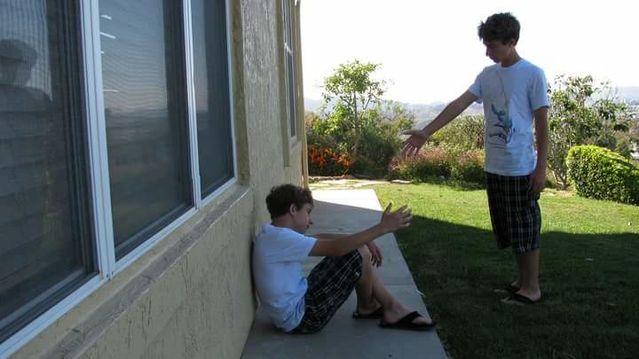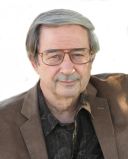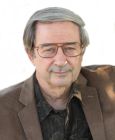Fantasies
The Second Self in Literature and Psychology
Psychologists and writers partnered in developing modern fiction
Posted September 14, 2018
During the writing and editing of my novel, The Search for Judd McCarthy (Sunbury Press, 2018), I was repeatedly reminded of the role the founders of psychology played in the development of modern literature. The stream of consciousness technique, experimentation with unreliable points of view, and, most importantly, the “second self” (as early writers called it) that inhabits the minds of many literary characters were all greatly enhanced by early research in psychology. Examples are everywhere in British and American literature. Here are a few:
Henry James wrote a short story, “The Jolly Corner,” in which he explores the inner world of Spencer Brydon, an expatriate who reluctantly returns to America after a thirty year absence in Europe. Upon his return, he obsesses about the person he might have been had he stayed in America and become a businessman like others in his family. He concludes, after his second personality emerges during a nightmarish overnight stay in the old family home, that the second self he had harbored for all those years would have been a monster of self-serving greed and callousness. He decides it would be better to remain an expatriate where his second self would be firmly under control.
Later, James Thurber wrote “The Secret Life of Walter Mitty,” a short story about a man who lives an ordinary, even mundane life. Yet, in his imagination he assumes a completely different personality, one that is brave and heroic when confronted by numerous threats to his very existence.
Shirley Jackson’s short story, “The Lottery,” explores the possibility that an entire small town could have a second self lurking below the surface of this otherwise peaceful, seemingly friendly community. Only much later in the story do we learn that the small town harbors a terrible secret: their communal second self is involved in rituals that result in the sacrificial deaths of their neighbors.
Ken Kesey’s novel, One Flew Over the Cuckoo’s Nest, takes place in a mental hospital, where the narrator Chief Bromden appears on the surface to be a harmless patient struggling with post-traumatic stress disorder and consigned to a meaningless, broom-pushing existence on the ward. His second self, however, is conspiring to help him break free from what he perceives to be the insanity of the white man’s world to return to his Native American roots.
My own novel, The Search for Judd McCarthy, explores the concept of a second self through the character of Joel Hampton, a small-town lawyer who appears on the surface to be a loving, doting husband and father. However, beneath this benign surface of respectability lurks a completely different personality, one that has an ancestral hold on this otherwise apparently normal young man. Eventually, that second self becomes his dominant personality.
All of us who write fiction are indebted to the early psychologists who expanded the boundaries of what we now know about that great mysterious place known as the human subconscious mind and the second selves that inhabit it.



